Shop
Showing 1–16 of 29 results
-
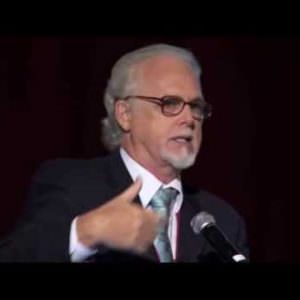
Experiencing Recovery, William L. White Lecture – Public Performance Rights (PPR) Version
$50.00 Add to cart -
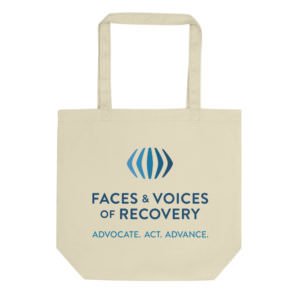
F&V – Eco Tote Bag Blues Double Sided
$25.50 Add to cart -
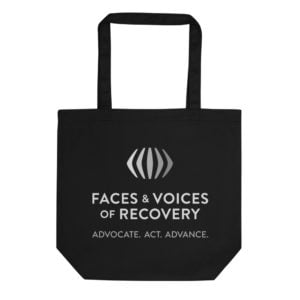
F&V Eco Tote Bag – Black and White Double Sided
$25.50 Add to cart -

F&V Logo – Navy Neck Gaiter
$19.00 Add to cart -

Faces & Voices Black Logo Dad hat
$21.00 Add to cart -

Faces & Voices Logo Socks
$13.00 Select options -
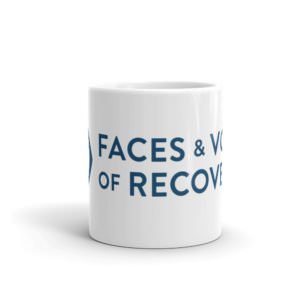
Faces & Voices of Recovery Logo Mug
$10.50 – $14.50 Select options -

Flat Bill Snapback Faces & Voices Black Logo Cap
$18.50 Select options -
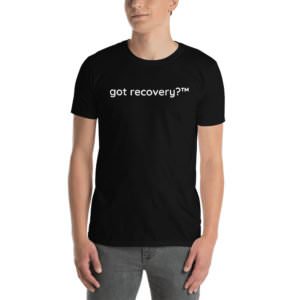
Got Recovery? Black Short-Sleeve Unisex T-Shirt
$18.50 – $22.00 Select options -

Hooded Sweatshirt – Faces & Voices of Recovery Logo and Tagline
$27.00 – $35.00 Select options -

Individual Donation or Tribute
Select options -
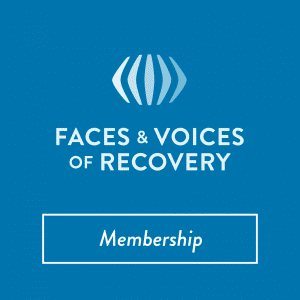
Individual Membership
Select options -

IOAD Poster Design
$23.50 Select options -
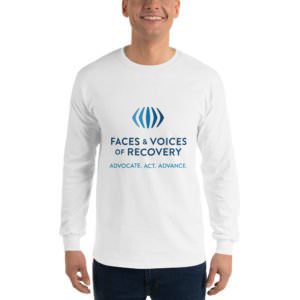
Long Sleeve T-Shirt – Faces & Voices Logo and Tagline
$21.00 – $27.00 Select options -
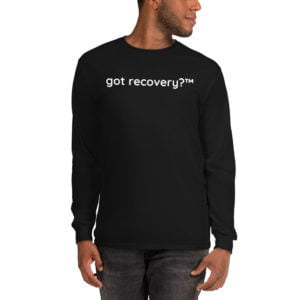
Men’s got recovery?™ Black Long Sleeve T-Shirt
$28.50 – $34.50 Select options

